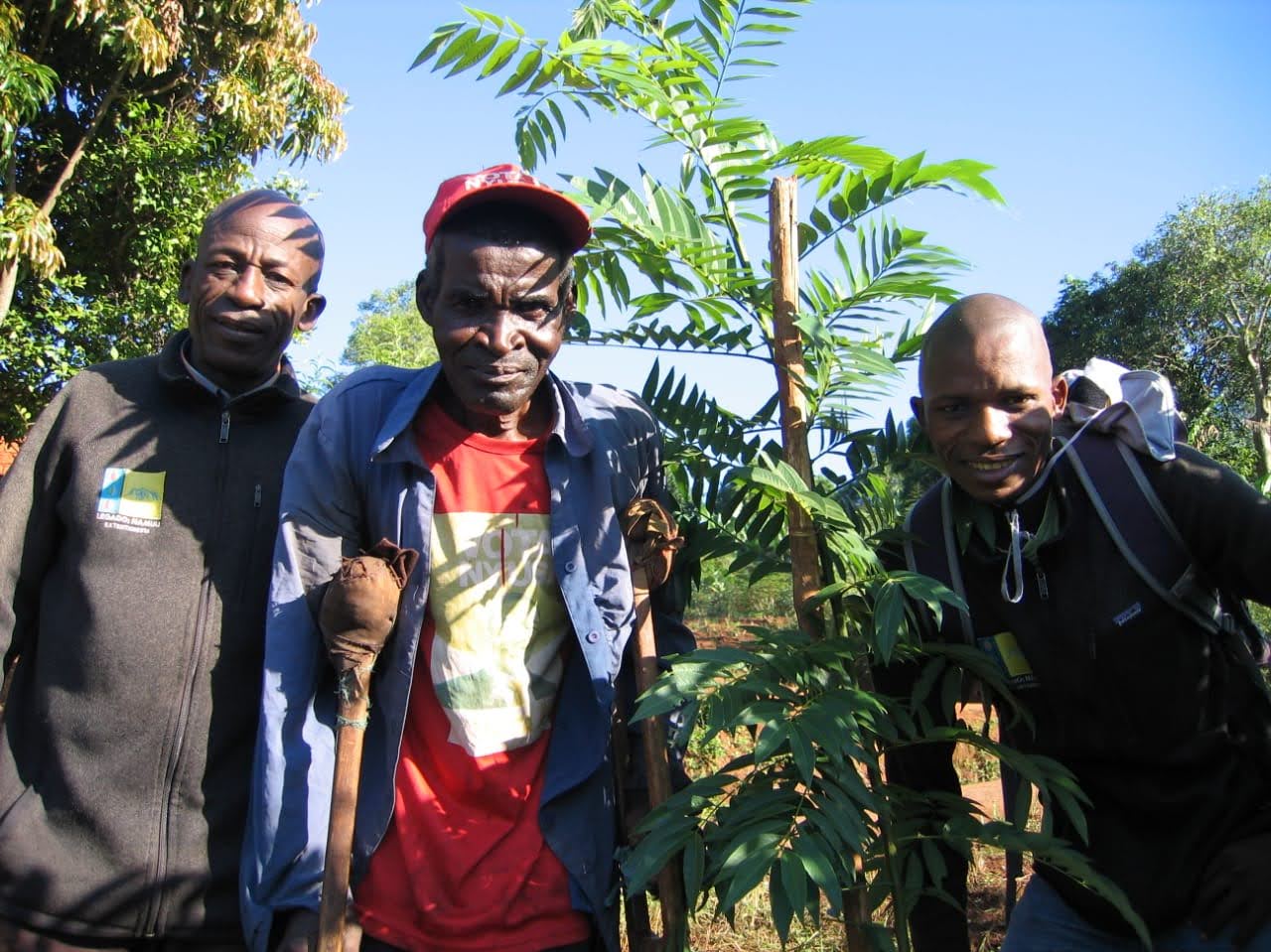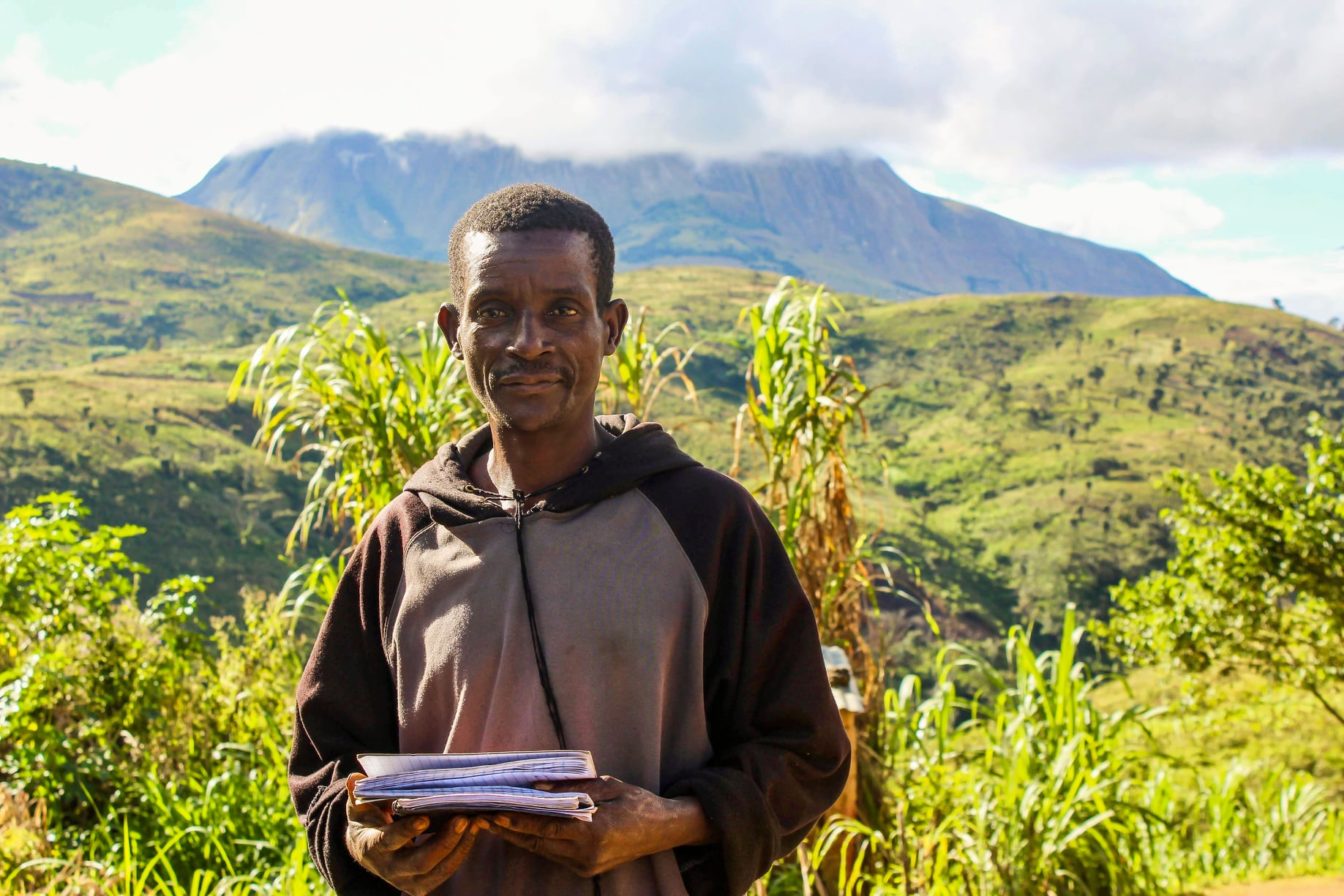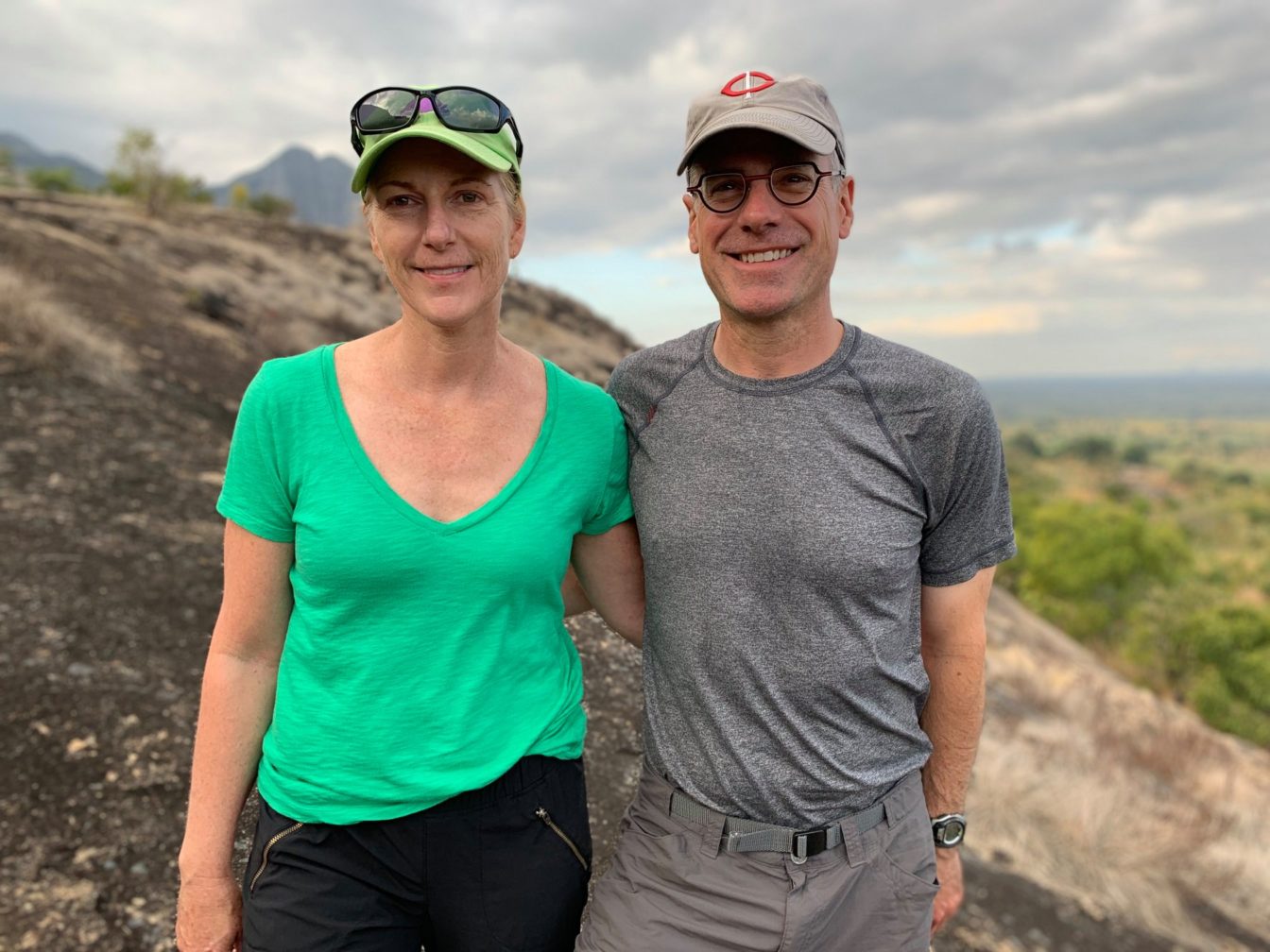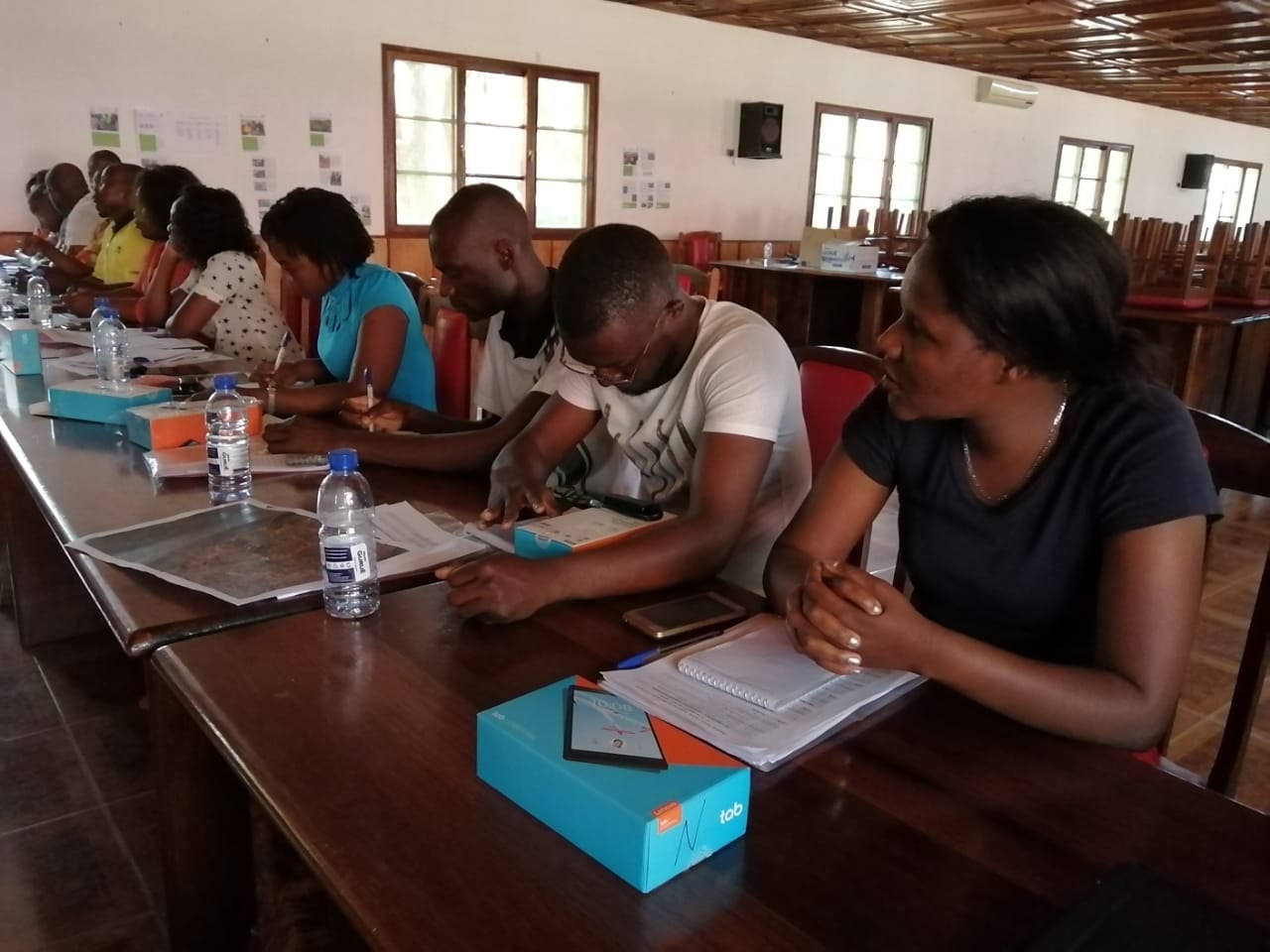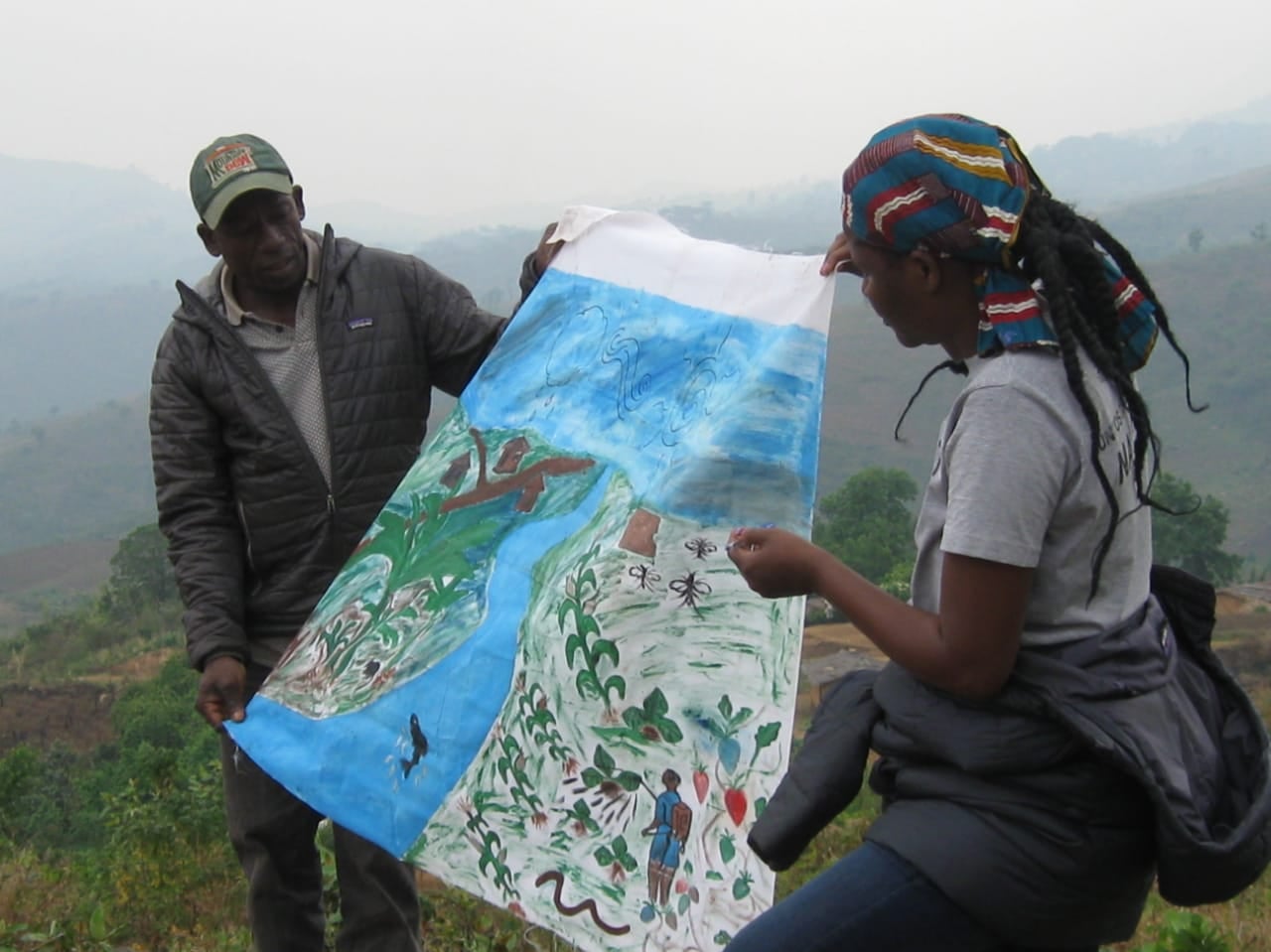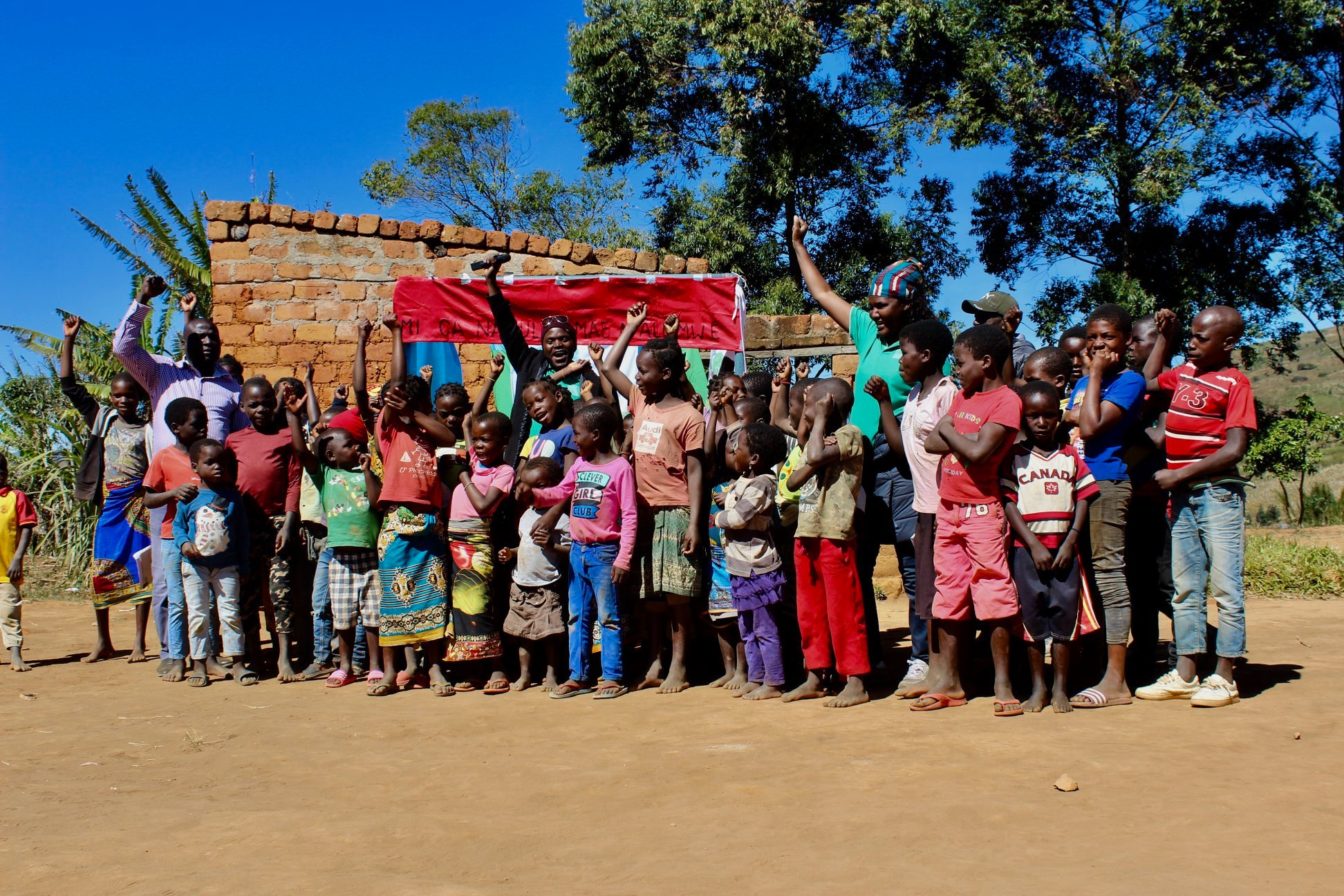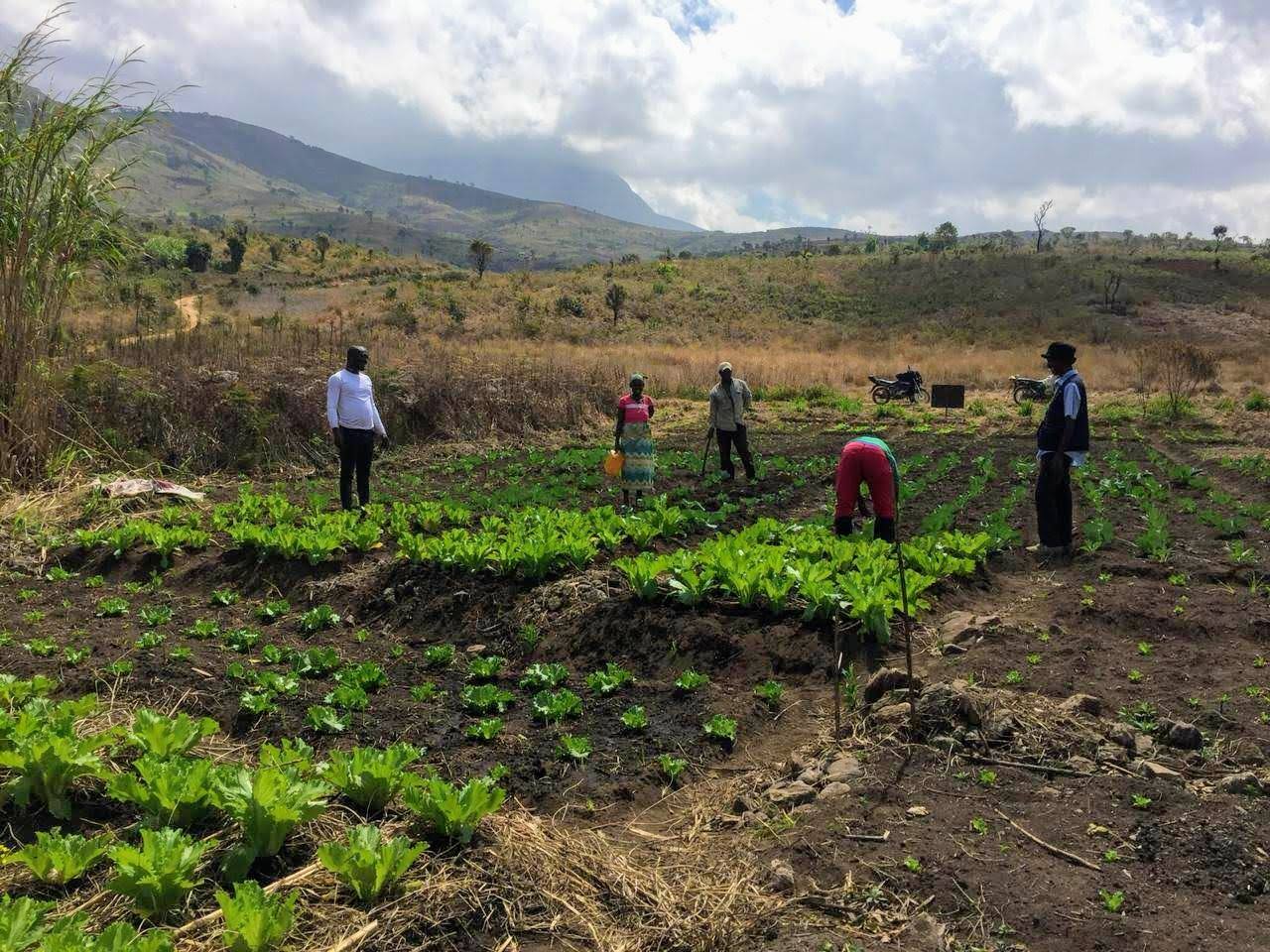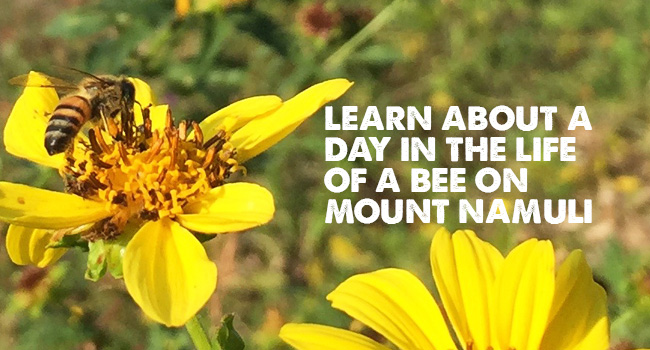The Trees at the Mouth of Namuli
In a time of uncertainty, we all need a little hope, and we cannot think of any place more hopeful than Mount Namuli. During these times, we need leaders. One of Legado: Namuli’s specialties is cultivating leadership in every individual that we work with. Sr. Felizardo Abilio, a Namuli native, is a powerful demonstration of leadership. He lives at the ... Read More

